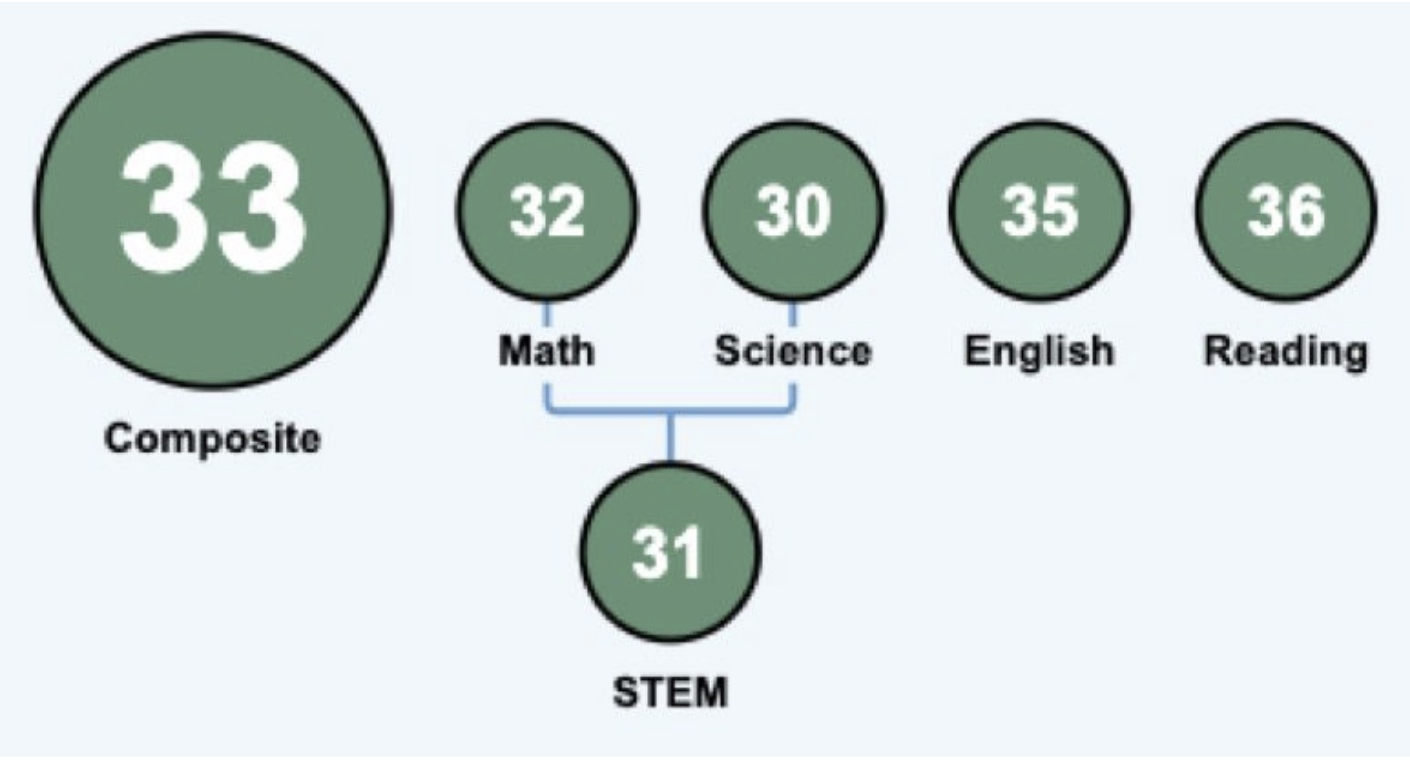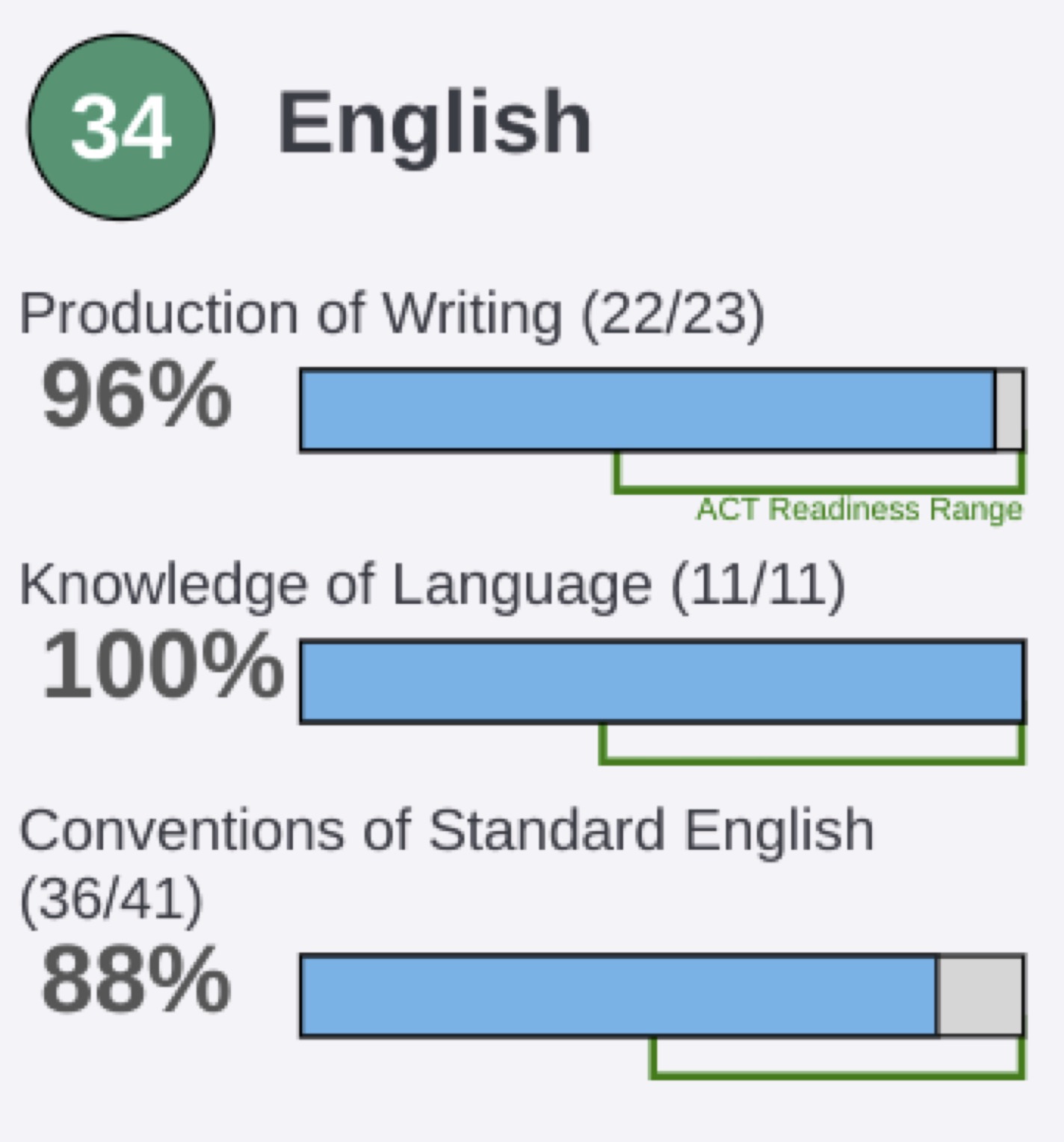Developing an ACT Prep Strategy
Developing an ACT Prep Strategy
$999.95
Not currently available.
Out of stock
Description
 Why only focus on the ACT?
Why only focus on the ACT?
While traditional test prep requires students to remember a voluminous amount of information to be recalled for a specific event—test date, the science behind such an approach predicts that the majority of what was learned will be forgotten within a few days after taking the test. This is not college planning nor does it assist students in becoming college ready.
Our nontraditional approach to ACT prep focuses on developing effective study skills to achieve deep levels of learning, which translate into stronger memories of the content knowledge required for doing well in school and for doing well on standardized exams like the ACT. By moving this knowledge from short-term memory, associated with cramming, into long-term memory, associated with learning, students do better in school, achieve higher scores on the ACT, and are better prepared for their first-year college studies.
Since we are unaware of any research indicating that students who prep for both the SAT and ACT significantly raise scores on either exam, our approach is to focus on a single exam over an extended period to time to achieve mastery. Consequently, we focus on the ACT because virtually all colleges accept ACT or SAT scores. Unlike the SAT, which has changed many times over the years, since its inception, the ACT has remained consistent in assessing what students should have learned in high school in preparation for college. The type of questions that students should be able to answer in math, science, English, and reading remains consistent from year to year. The brain-based study skills and learning strategies that we guide students in developing can be supported by subject-area teachers at the student’s school, a process that is consistent with preparing students for college.
Our Collaborators
Our programs are student-driven and student-centered. We offer students participating in our national college planning cohort program leadership and community service opportunities by helping other students and making an impact on their local communities. The ACT Study Skills and Study Strategies text was developed through a collaboration with our students:
Arshia Alipour, St. Petersburg College Early College Program, St. Petersburg, FL. ACT Composite 32. MIT MITES Program.
Erin Nimako, Kennesaw Mountain High School Magnet Program, Kennesaw, GA. ACT Composite 33. College – Rice University
Jocelyne Lioe, St. Petersburg High School IB Program, St. Petersburg, FL. ACT Composite 33. College – Brown University.
Kimberly Hardaway, Williams College BA in Math and Chemistry. High School ACT Composite 33. Current PhD student in math at Iowa State University.
Kimberly Hardaway was the college adviser on this project. All of our student contributors were high school juniors. Their leadership and community service in contributing to this project resulted in higher personal test scores and expanded their college opportunities into highly selective colleges and programs.
Our Approach
Developing an ACT prep strategy: Coming in 2025. (1) Students receive a copy of ACT Study Skills and Study Strategies, which provides comprehensive insight into each section of the ACT. This text was developed through a collaborative effort with high school students who were top ACT performers who went on to gain admission into highly selective colleges. Students also receive a copy of Career or College Pathways: Study Skills and Learning Strategies, which provides researched-driven study skills and brain-based learning strategies. (2) The student is required to complete a questionnaire exploring their daily approach to studying and learning. The student is also provided a table to complete, which maps the activities and times allocated during a typical 24-hour day. (3) We review the student’s responses to the questionnaire, daily schedule, résumé, transcript, standardized test (PSAT, SAT, and/or ACT) score reports, and class schedule. (4) We host 6 meetings with the student and parents:
Meeting 1: Focused on recommending changes to the student’s approach to studying and learning. During this meeting, we ask the student to choose 1-3 strategies that they are willing to incorporate into their daily ACT prep study routine. We require the student to implement a Study Cycle in each class reflecting ACT content (i.e., math, science, English, reading). We ask parents to monitor the student’s application of the chosen strategies and application of the Study Cycle for 1 week.
Meeting 2: Discuss the student’s success in implementing the strategies and following their Study Cycle, as well as any results experienced by the student. We begin working on the student’s weakest subject area and work through problems using the study skills and learning strategies that have been chosen.
Meeting 3: We repeat the process for the next weakest study area and quiz the student to assess their understanding of what was covered in Meeting 2.
Meeting 4: We repeat the process for the next weakest study area and quiz the student to assess their understanding of what was covered in Meeting 3.
Meeting 5: We repeat the process for the next weakest study area and quiz the student to assess their understanding of what was covered in Meeting 4.
Meeting 6: We assess the student’s understanding of the material covered in Meeting 5, and provide the student with a full-length and timed ACT exam. After scoring the exam, we provide the scores to the student and parents and discuss whether additional sessions are required (which are scheduled at an additional cost).






